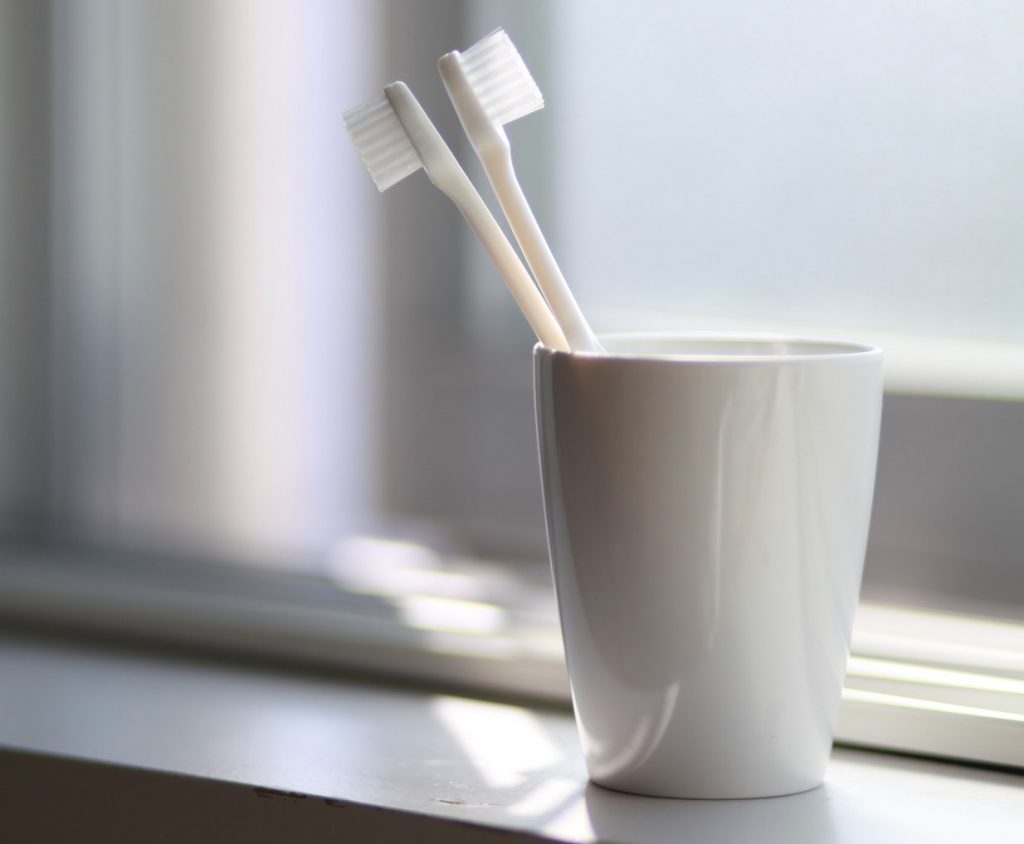It’s one of life’s greatest gripes – the constant pressure, both peer and commercial, to replenish, replace and renew the items we own. Materialism has never been so omnipresent, and the need to keep up with the latest gadgets and gizmos can sometimes seem overwhelming. An important question then: when do household items become obsolete? When do they realistically need replacing? With the help of fitted bedroom specialist, DM Design, we’ve put together this handy guide on how long your possessions remain at their peak, and when they might need to be traded in for a newer model. So, here is the IDEAL guide to household items expiry dates.
WHERE THE MAGIC HAPPENS…..
PILLOWS
How long before you should replace them: Every two years
Reasons why: Pillows with expiry dates? Who knew. Research has shown that pillows hold bacteria, accumulated mould, sweat, dead skin cells and dust mites which feed off those cells. Considering you will be resting your face on your pillow at the end of each day, it’s vital that you replace them at least once every two years. If you allow bacteria to fester, the likelihood of an acne breakout is greatly increased.
Warning signs that your pillows need to be replaced include if they have become stained or smelly, as well as if they stop feeling supportive. You can also extend their life by washing pillowcases on a weekly basis.
MATTRESSES
How long before you should replace them: Every eight years
Reasons why: Figures have shown that you spend around a third of your life sleeping, and you spend a further large amount of your time resting on your mattress. The Sleep Council (wasn’t Paul Weller a member?) have recommended that you replace your mattress at least once every eight years, as following this stretch of time, it’s thought that optimum comfort and support is lost.
You can prolong the life of a mattress by flipping it and rotating it at least once a year. Telltale signs that it’s time replace it include waking up in the morning feeling tired (don’t we all?) or if your body is stiff and sore after a night’s sleep. Appearance of a lumpy, uneven surface is also a warning sign.
IN THE BATHROOM……
TOOTHBRUSHES
How long before you should replace them: Every three months (this also being the case for the brush head if using an electric toothbrush)
Reasons why: Dentists recommend that you replace your toothbrush — or the brush head if using an electric toothbrush — every three months. This is because the items are magnets for bacteria, which can accumulate from toilet spray when a toilet is flushed with the lid up, splashes from a bathroom sink while washing hands and also bacteria present in your mouth. Between 100 and 200 species of oral bacteria can exist in your mouth alone. Scary.
You can reduce how much bacteria gathers on a toothbrush by rinsing it thoroughly after brushing and then allowing it to air dry, as well as soaking toothbrushes in antibacterial mouthwash once you’ve used them. Bristles becoming frayed is a sign that it’s time to replace your toothbrush.
TOILET BRUSHES
How long before you should replace them: Every six months
Reasons why: Continuously scrub your toilet with the same brush and the result is moisture creation on the item’s bristles. This moisture is a breeding ground for thriving, spreading bacteria around your toilet and bathroom. Because of this, refrain from keeping the same toilet brush for longer than six months at a time.
IN THE KITCHEN……
CHOPPING BOARDS
How long before you should replace them: Once a year, maximum
Reasons why: According to studies, wooden chopping boards can harbor up to 200 per cent more faecal bacteria than toilet seats. Huh? Really?
Of course, ensuring you are thoroughly cleaning and sterilising chopping boards once you’ve used them can rid the items of potentially harmful bacteria before you need them next. Colouring stains and deep cuts are clear signs that it’s time to buy a new one.
FRIDGES AND WASHING MACHINES
How long before you should replace them: Between 15 and 30 years, depending on the manufacturer
Reasons why: Good news! Fridges and washing machines are hardy, resilient things.. Depending on the manufacturer, these essential kitchen and utility room items could remain effective for between 15 and 30 years from purchase.
However, you may want to look into buying a new fridge or washing machine once your current one reaches its 15th birthday. This is because machines built today use a lot less energy than models manufactured prior.
While it’s unlikely that you’re going to be switching your fridge on a regular basis, one side note regarding your fridge is that you should aim to replace its water filter twice a year. This is due to these filters collecting bacteria and suffering from mould build up over time.
AROUND THE HOUSE……
CARPETS
How long before you should replace them: For an apartment-grade carpet — between 1 and 5 years maximum; for a medium-grade carpet — between 5 and 15 years; for a high-grade carpet — between 15 and 25 years maximum.
Reasons why: It can be difficult to pinpoint an exact date when you should replace your home’s carpeting, as the decision will hinge on the quality of the material, how you treat the carpet and also how you maintain it.
It’s only natural that your carpet will go through some general wear and tear, but consider purchasing a new one if large chunks of your current carpet have become matted or lost its tuft.
Carpets are also susceptible to gathering various odours. While this can be sorted out with a thorough, regular clean, if a lingering smell remains then it’s a sign that the odour has penetrated deep into the carpet’s fibres, the carpet pad or the subfloor. A complete replacement is often the most cost-effective solution here.
SMOKE DETECTORS
How long before you should replace them: Every ten years for the entire unit, once a year for the batteries
Reasons why: The National Fire Protection Association has warned that three out of every five home fire deaths happen in homes which have either no smoke alarms at all or no working smoke alarms. It’s statistics like these that should act as a wake-up call to ensure your home’s smoke alarms are in good working order.
It’s generally advised that the entire unit of a smoke detector ought to be replaced at least once every ten years to reduce the risk of the item malfunctioning. In addition, the batteries for a smoke detector should be replaced on an annual basis at the very least.
Look to carry out frequent tests of your smoke detector batteries throughout the year too, so that you will know first-hand if the units are running low on power.










